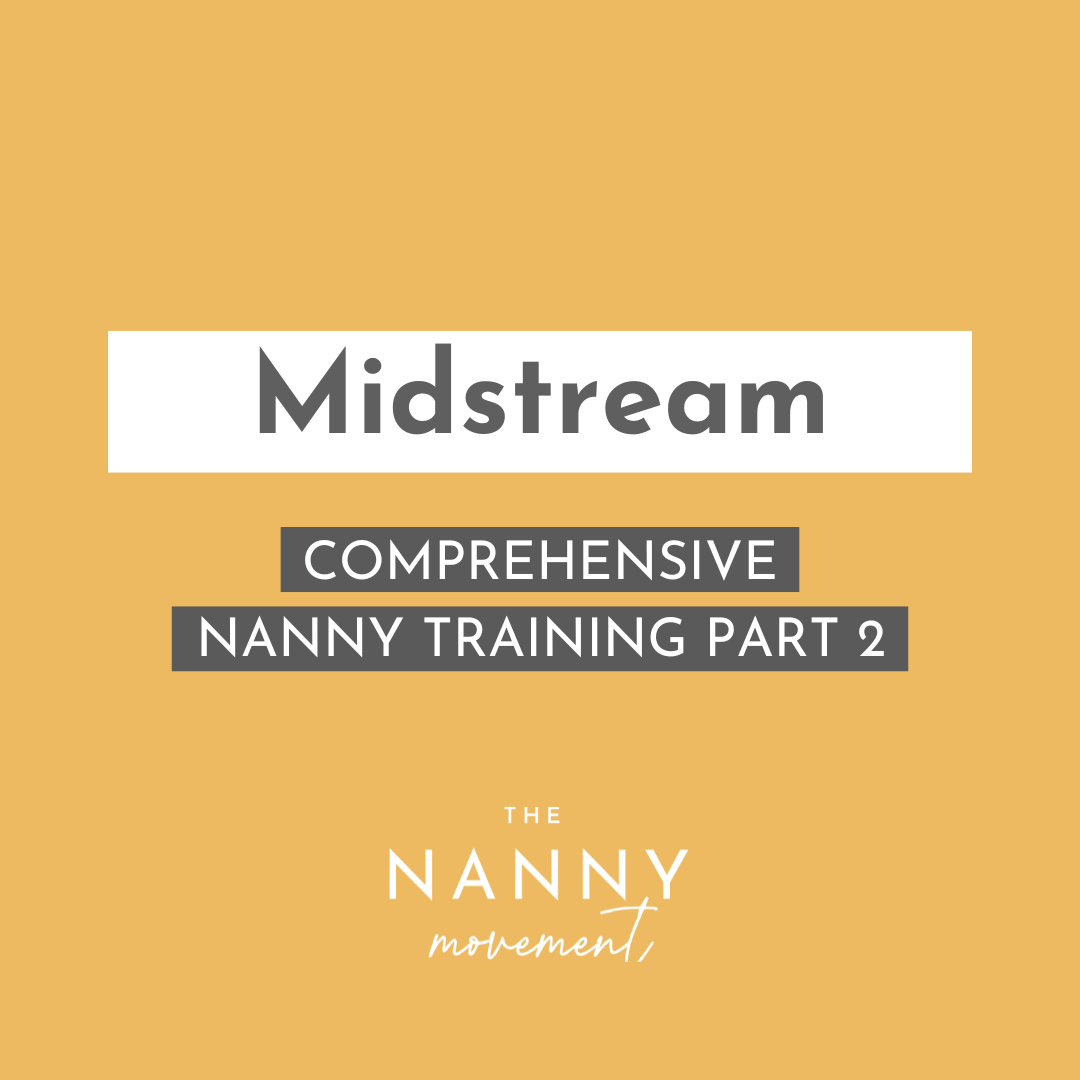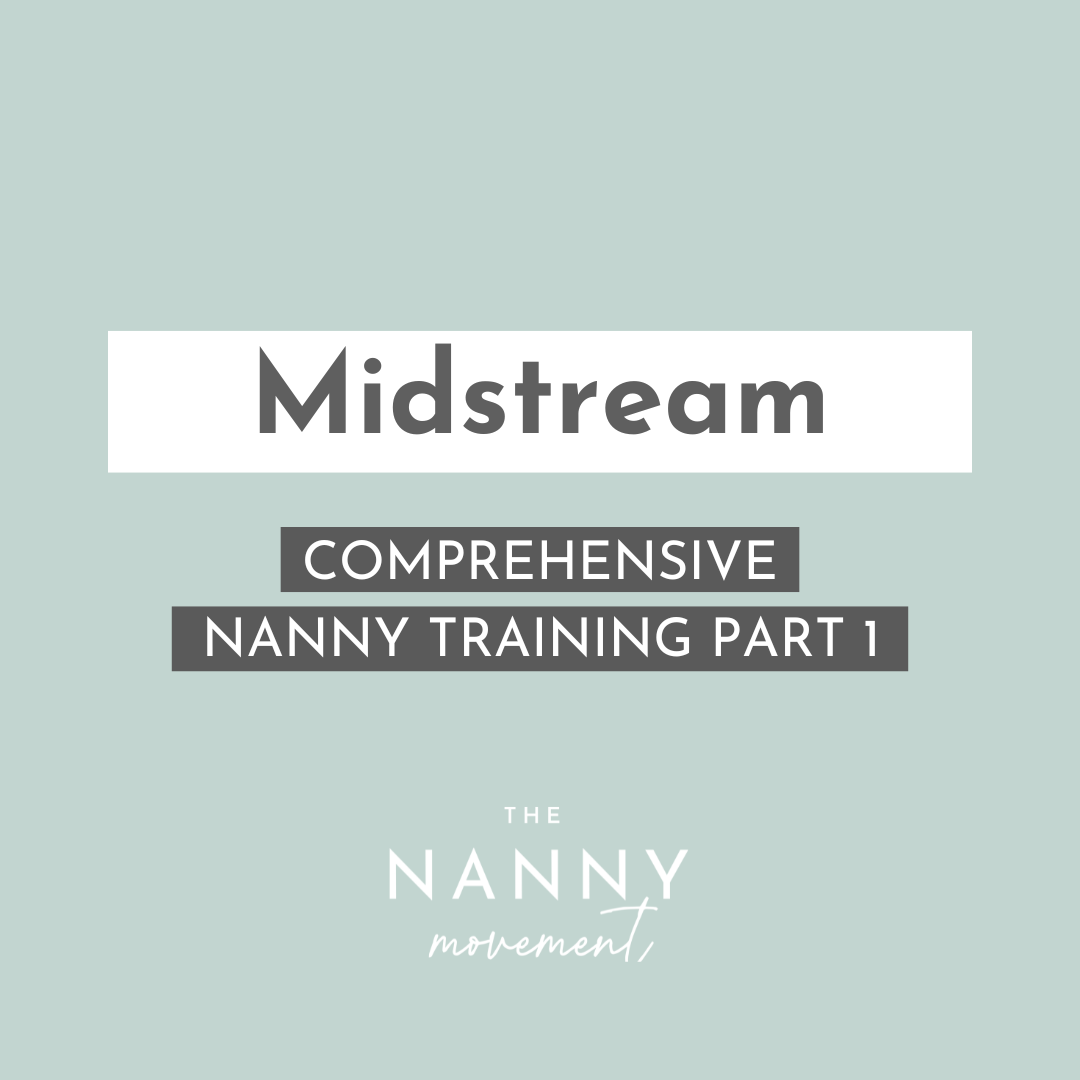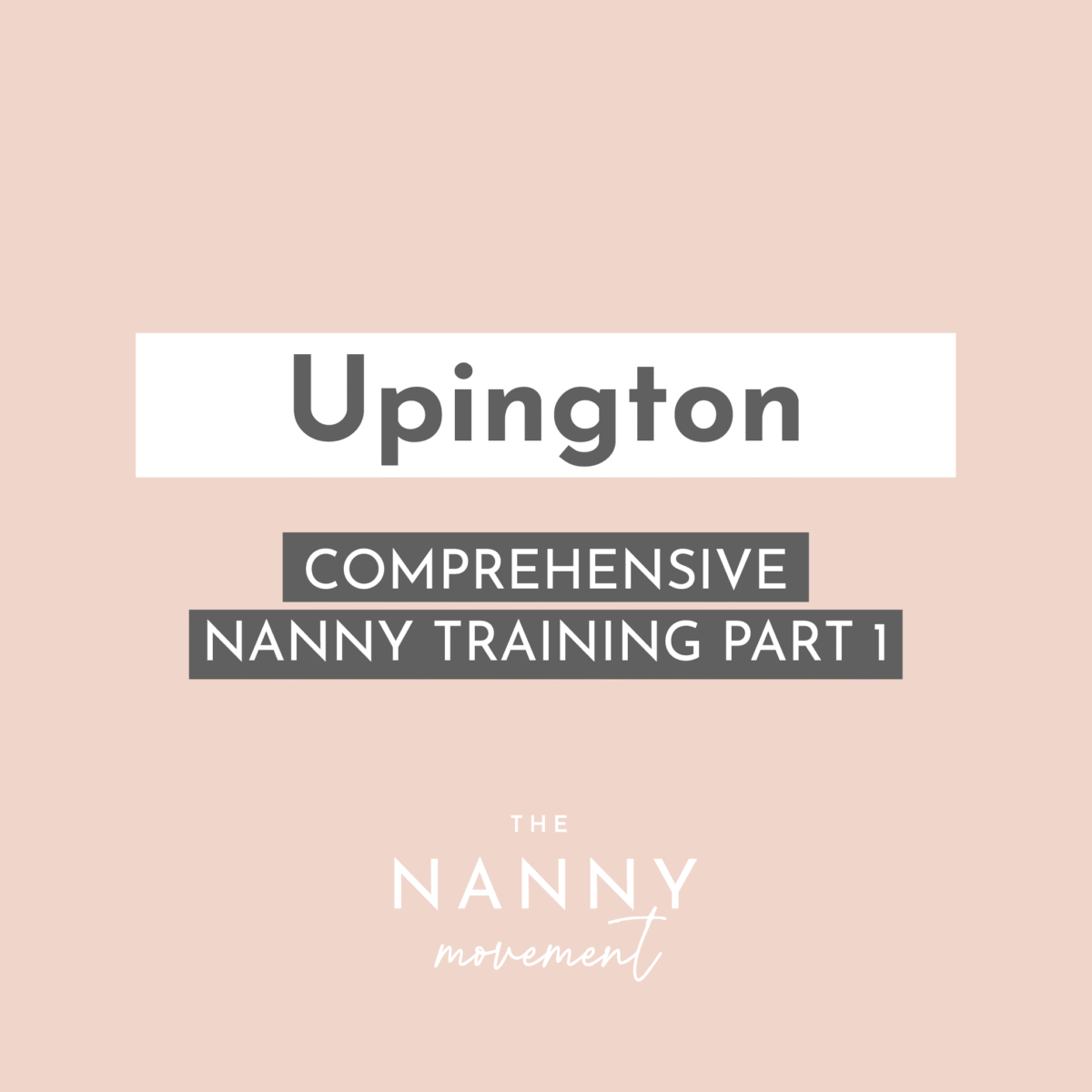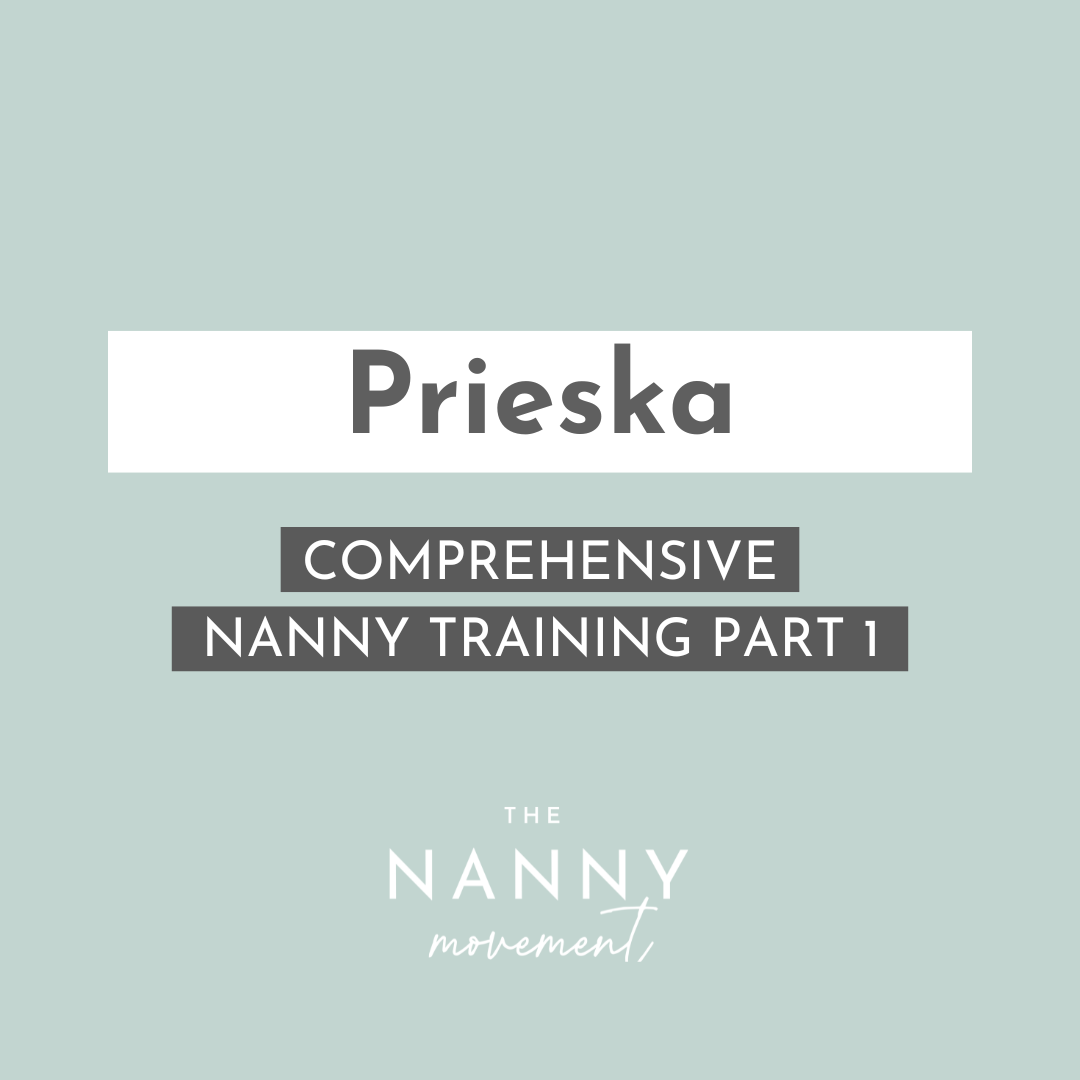Touch, warmth, and responsiveness all affect a child’s physical growth.
Research shows that it even has a significant impact on brain size.
Nanny Training Benefits: Children who get one–on–one care where nurturing and emotional support are provided regularly were found to have more growth in the hippocampus. The hippocampus is a part of the brain that plays a crucial role in memory formation and spatial navigation. It is in the medial temporal lobe, associated with learning, memories, and regulating emotions.
This growth trajectory was associated with healthier emotional functioning when the children entered their teens.
We are passionate about creating the optimal environment for babies and toddlers to thrive in the first few years of their lives. We are driven to write sensible workshops to equip the nannies and caregivers so the children can reap the benefits of at-home care.

Some benefits of in-home care
Security and Trust
A child needs to feel secure with a nanny or caregiver and in the environment. This is the most important factor to be considered when deciding on a child’s care. If the child does not trust the person taking care of him/her or feels secure in the environment, the child will not benefit from the care. Parents will be at peace, knowing that their precious child is being looked after by a trained nanny/carer and receiving individual care from her.
Wellbeing
When children are connected and are engaged with their nanny/caregivers, they will form a secure attachment. A secure attachment is a strong and healthy bond between a child and their nanny/caregiver. It forms when the nanny/caregiver consistently responds to the child’s needs with love, warmth, and support. This bond provides the child with a sense of security and trust, enabling them to explore the world confidently and develop healthy relationships later in life. Since the children will be learning from a location, they are already familiar with and around faces they are familiar with, it improves their well-being.
Cost factor
Financially, home care for young babies or children makes better sense. Home care provides parents with the security that even when their child is sick, there will be care provided and that they will not have to be off work or have extra costs.
Flexibility
Home-based caregivers provide parents with more flexibility when compared to other forms of childcare services. Some home-based caregivers can fit your schedule into the strict opening hours of traditional centers which means you’ll only have to decide the hours you want your child or children to be taken care of and it’ll be handled by the nanny/caregiver.
Low child / Adult ratio
A low child/adult ratio enables nannies/caregivers to adjust the education and care to meet the individual needs, interests, and routines of each child.
Builds secure attachments.
Research has long established the importance of children developing secure relationships with the people in their lives right from the beginning. These relationships are crucial in forming the foundation that determines their behavior and attitude in relationships later in life. Home-based early childhood education usually consists of the same nanny/caregiver consistently taking care of your child which provides the opportunity to develop predictable and warm relationships between the caregiver and your child.
Less stress
With home-based childcare, your child’s needs and routines are met responsively and quickly, which makes your child feel cared for. This is only possible because the nanny/caregivers are only allowed to care for one child, which gives them the time and opportunity to handle all their needs.
Noise
The noise in a home-based setting can be carefully restricted and monitored. The feature of home-based childcare service comes in handy in situations where a child or children find it difficult to cope in louder or busier environments.
Child development
In home-based childcare, you can optimize the development of a child’s motor skills. With closer attention to each child, the trained nanny/caregiver will have more 1 on 1 time with a child which means they can better assist them in improving all their skill sets which prepares them for school later down the road. Additionally, by helping them ‘fine-tune’ their motor skills, they’ll be able to learn how to play well with others or pick up interests in sports or any other physical activity they may enjoy doing.
Proudly compiled by The Nanny Movement. The Nanny Movement provides well-researched workshops to nannies/carers to further equip them and build on their current experience. The Nanny Movement will also help you with the placement of a nanny or any domestic staff, making the recruitment process so much easier.
Useful sources:
- For those interested in nanny training, visit The Nanny Movement website for more information.
- If you’re curious about our recruitment process, be sure to check out our comprehensive guide: Recruitment Process: Everything You Need to Know.




